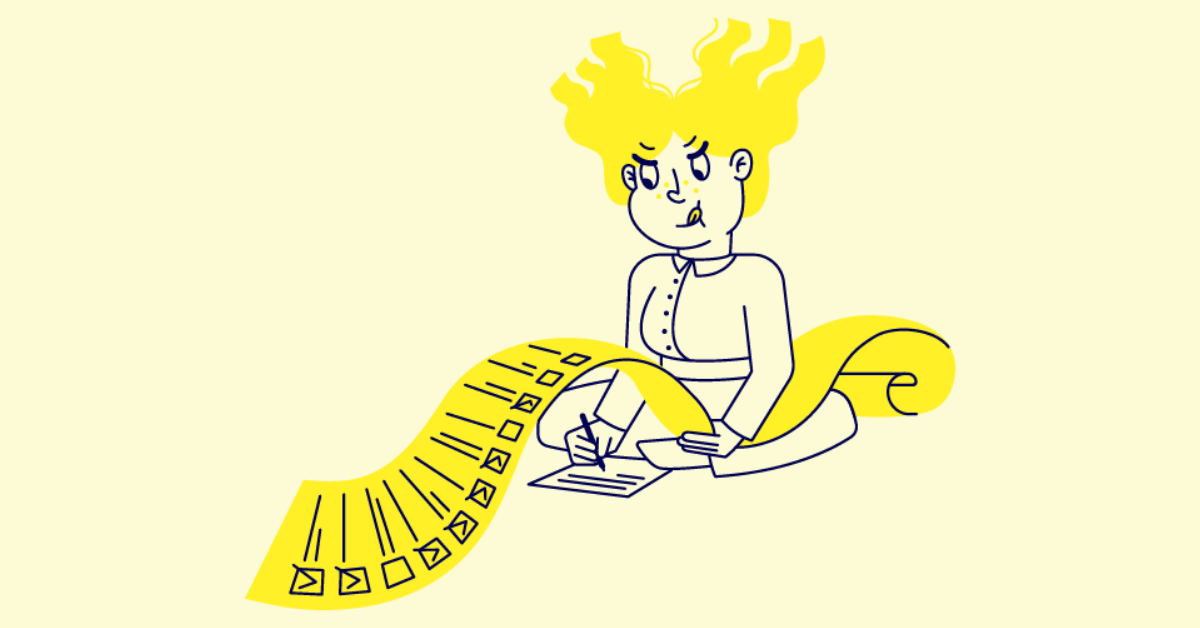As herd animals, people are naturally willing to please. Feeling accepted and belonging to a group are deep-seated basic needs for us. Pleasing others is therefore somehow socio-psychologically built into us, and it has its place in how we create and maintain relationships with others. Helpfulness and showing warm consideration of others are, of course, valuable qualities in themselves. However, if you go overboard with it and the need to please others becomes unhealthy, it no longer serves anyone involved. Unhealthy people-pleasing is dishonest towards the person you are trying to please and a violation of your own boundaries.
How to recognise the characteristics of a people-pleaser in yourself?
In the context of work, being excessively docile and always trying to please others can lead to stress; real thoughts and experiences going unheard; frustration at work; and, in extreme cases, burnout. For this reason, it is important to keep your own boundaries and people-pleasing tendencies in check before they become a problem.
People-pleasers generally tend to
- readily recognise others’ wishes and needs
- eagerly respond to others’ wishes and needs, ignoring their own needs or tasks
- take on more tasks than they can cope with
- leave their own opinions unvoiced and follow others’ lead
- rarely say no
- feel guilty if they disappoint others
- avoid conflict or confrontation
- apologise often, even when there is no reason to.
In the workplace, a people-pleaser will seek approval from others. This can happen by being exceedingly flexible with their schedule, taking on other people’s tasks and always being the most helpful person around. As previously stated, these qualities are human and can be useful to us up to a point. Unhealthy people-pleasing, however, weighs heavily on the people-pleaser, too. They may think to themselves: Why did I not manage to say no? Why did I say yes when I actually wanted to say no?
Pleasing is a self-protection method
When a people-pleaser picks up on others’ wishes, they will position themselves in relation to those feelings. This kind of tuning in is stressful even for the people-pleaser themselves, as we can never fully detect or understand others’ intentions. So, mistakes will happen. Additionally, if the other person’s wishes are not completely in line with the people-pleaser’s own wishes, they will inevitably experience an inner conflict: they have once again acted against what they truly want.
People-pleasing is a way of protecting oneself. It has its underlying causes, and people typically grow into it little by little. Generally, people-pleasing is a way to avoid feelings of rejection. Getting rid of this tendency requires self-understanding and awareness of one’s own behavioural patterns. As an Auntie Professional, I have had discussions with many employees with people-pleasing tendencies. I have seen that change is only possible when the person sees the connection between their people-pleasing behaviour and how stressed out they feel. Of course, stress is always a multi-faceted issue, and people-pleasing is just one of many things that factor into it.
Why do you please others?
When starting to dismantle your own people-pleasing behaviour, it is good to think about the following issues:
REASONS – Why do you want to please people? Do you feel like your position is threatened unless you say yes to everything or take tasks, even ones that should actually be done by someone else? What is it about conflict that scares you so much?
BOUNDARIES – What are your boundaries? Stop and take an honest look at where you have crossed your own boundaries and how it feels. How could you remedy the situation? Is it challenging or impossible for you to say no? Try to consciously practice saying no in situations where there is need for it.
TIMEOUT – When you encounter the next task that you would regularly have agreed to without thinking, try saying “Just a minute, I will get back to you soon”. This way, you can give yourself a minute to think about the situation: does this task actually belong to you and do you currently have time for it?
For a people-pleaser, it is essential to learn to recognise the thoughts and feelings they have about things, instead of just focusing on what others think or feel. This allows them to draw new boundaries. Healthy boundaries can protect you against burnout. They communicate to those around you that you care about and appreciate yourself. The former people-pleaser is no longer available for all tasks any hour of the day.
How to get rid of excessive people-pleasing tendencies?
The support of a professional can help you to see how your people-pleasing behaviour affects your well-being and where it comes from. Acknowledging these things makes it possible to change them. Understandably, change does not happen at once, but rather requires experimentation and practice. Sometimes, it may also require discussions with a manager and voicing challenges present at the workplace. In some cases, the job description or role of the person in question should be adjusted. Often, overachieving and people-pleasing at the workplace go hand in hand and are driven by the same thought: if I do enough (or more than enough), people will like me. For this reason, Auntie’s Overachiever package, for example, can be used to help dismantle and recognise people-pleasing tendencies, too.
The people-pleaser may think that they are a better person when they try to please everyone all at once. If you encounter thoughts like this, you should stop and take a minute to think. If a people-pleaser says yes to everything, are they reliable? If you really think about it, the person who honestly says what they can and cannot do seems more reliable to us in the end.
Further reading on the topic:
Gino, F., Sezer, O., & Huang, L. 2020: To be or not to be your authentic self? Catering to others’ preferences hinders performance. Organizational Behavior and Human Decision Processes (158, 83–100).
Yle Areena Podcast 06.10.2022: Havaintoja ihmisestä – miellyttäminen on selviytymiskeino. 6 October 2022
Writer:

Freia Luminka
Freia Luminka (b.1979) is a psychologist (MA Psychology) and writer. She has spent long periods abroad participating in various projects and volunteering. In 2014–2020 she worked for the Maria Akatemia as an expert of violence prevention. Now she is self-employed and provides online mentoring services. Freia is particularly interested in people’s hidden resources and intuition. She has provided individual and group counselling to hundreds of clients, helping them to unlock their potent





